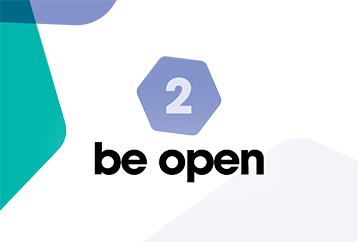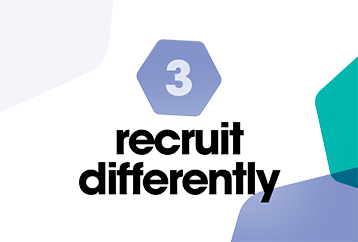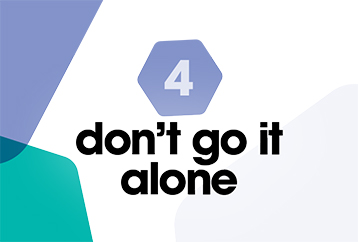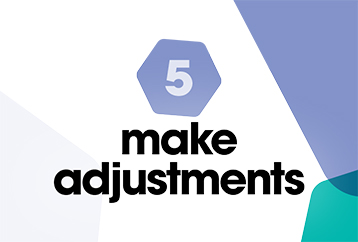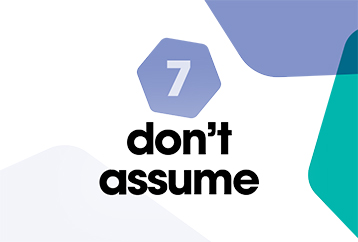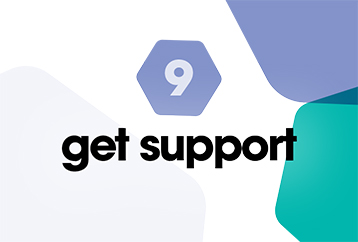1. Get buy-in
To make a workplace autism inclusive, you need commitment from all levels of leadership.
Inclusion is a culture – and culture building starts at the top. When your management team is on board with creating an autism-friendly workplace, it’s easier and more sustainable to implement the practices that make a difference.
Autism training is vital for all managers, key colleagues and human resources staff to ensure they understand the practicalities and mindset of inclusion, and are invested in making it work long-term. Through this training, you can identify a sponsor or champion who will drive inclusion practices in your organisation, from changing recruitment processes to implementing environmental changes.



